Scientists artificially created a family of Maine Coon cats suffering from HCM (hypertrophic cardiomyopathy)
In 1999, a group of scientists decided to take one Maine Coon cat suffering from familial hypertrophic cardiomyopathy (FHCM) and from that "proband" (an individual serving as the starting point for a genetic study of a family) they created a colony or family of HCM sufferers by mating the proband with related cats.
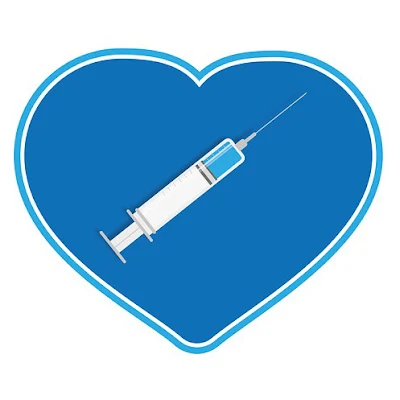 |
| Image: Pixabay. |
To be clear, the scientists created an inbred family of Maine Coons who all suffered from HCM. The purpose? To determine the mode of inheritance, phenotypic expression and natural history of HCM to better understand the disease in humans.
To a cat advocate, this is an abuse of domestic cats and unusually a very popular purebred cat, the Maine Coon. They concluded that HCM in this family of Maine Coons that they had created resembled the human form of familial hypertrophic cardiomyopathy. As a consequence, the research should prove to be "a valuable tool for studying the gross, cellular, and molecular pathophysiology of the disease".
They seem to have got their hands on a "proband". This is an individual cat, as mentioned, who was suffering from HCM. I wonder where that cat came from? They mated that cat with other Maine Coons that were affected and unaffected by HCM. I wonder where they got the other Maine Coons from? This is a colony of Maine Coons specifically created to suffer from HCM. It seems highly unusual to me.
They used echocardiography to identify the cats suffering from HCM and to "determine phenotypic expression". This means that they looked at how the disease affected the appearance of the heart. That is my interpretation of that statement.
Of 22 offspring, 55% were affected by HCM. When cats with HCM were mated with other cats with HCM, 45% of the 9 were affected, 22% were unaffected and 33% were stillborn. They decided that the findings were consistent with an autosomal dominant mode of inheritance with 100% penetrance. The stillborn kittens represented lethal homozygotes and they died in utero. That is the kittens inherited the gene that causes HCM from both parents, a homozygotic state which killed them.
They concluded that developing kittens with HCM did not show physical evidence of the disease before six-months-of-age. The cats developed HCM during adolescence and severe HCM during young adulthood.
The most consistent manifestation of the disease was: papillary muscle hypertrophy which produced midcavitary obstruction and systolic anterior motion of the mitral valve.They said that five cats died suddenly and three died of heart failure. Histopathology of the myocardium revealed myocardial fibre disarray, intramural coronary arteriosclerosis and interstitial fibrosis.
What do you think? Ethical or unethical. Comments welcome.
The study title: Familial Hypertrophic Cardiomyopathy in Maine Coon Cats. Published on the ahajournals.org website.



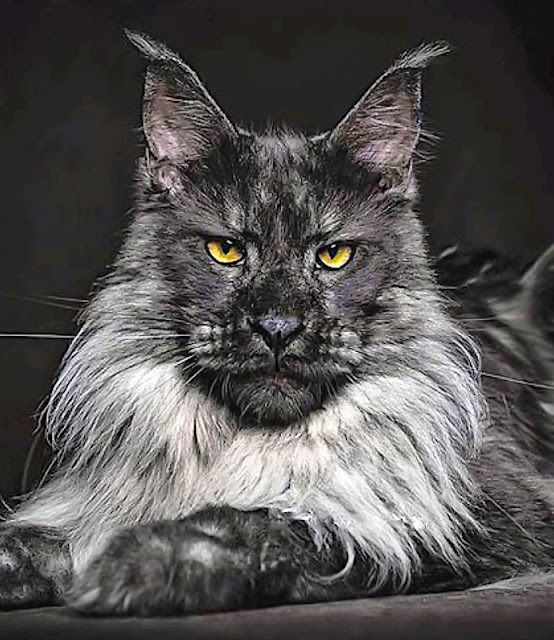


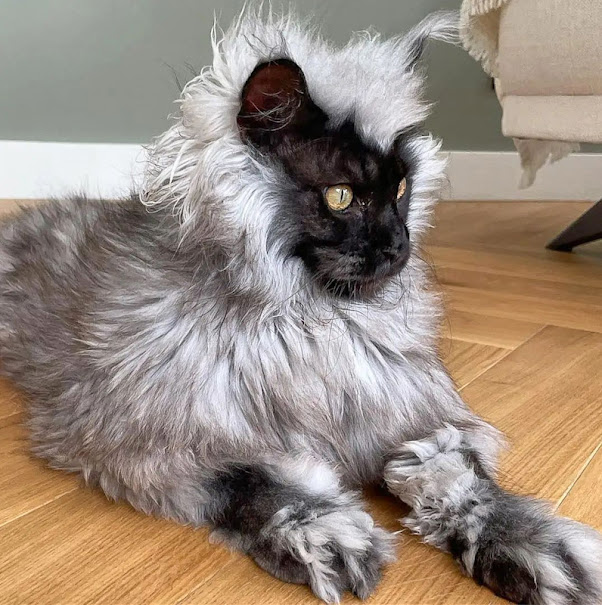

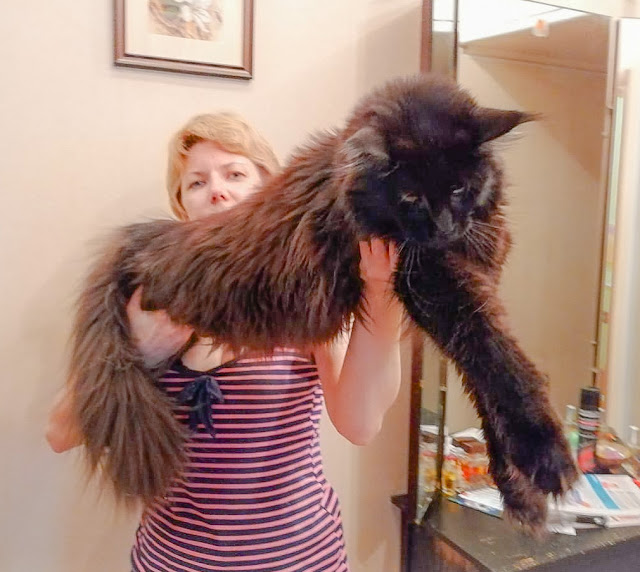
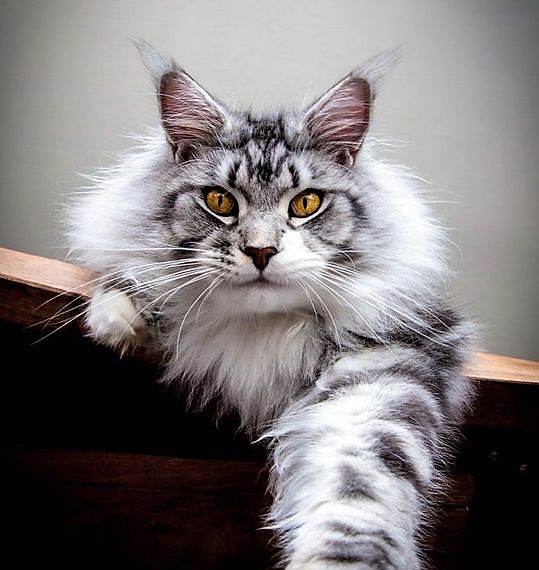
UNETHICAL!!!!
ReplyDeleteAbsolutely, yes. But scientists tend to act unethically sometimes when they should know better. They are so keen to get a research paper published they put aside ethics. And also, intelligence does not automatically lead to ethically behavior.
ReplyDelete